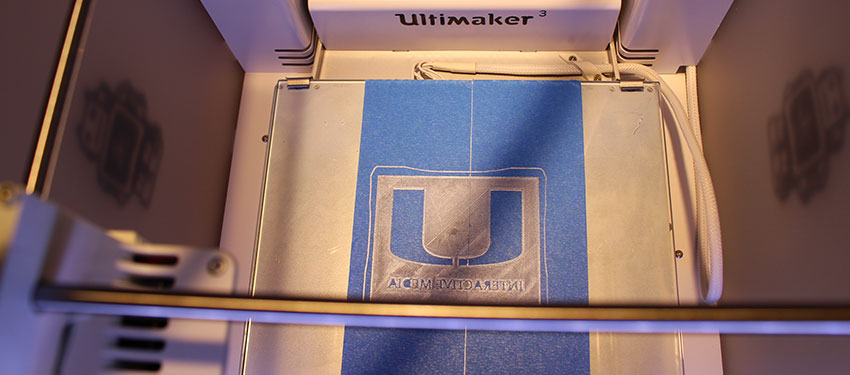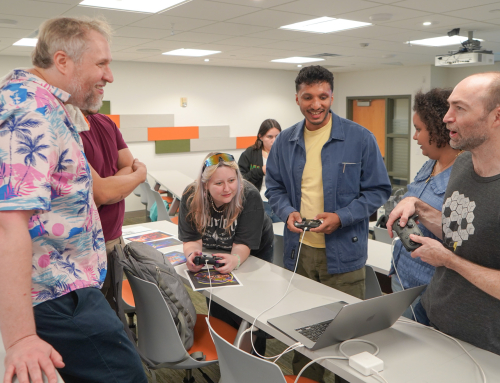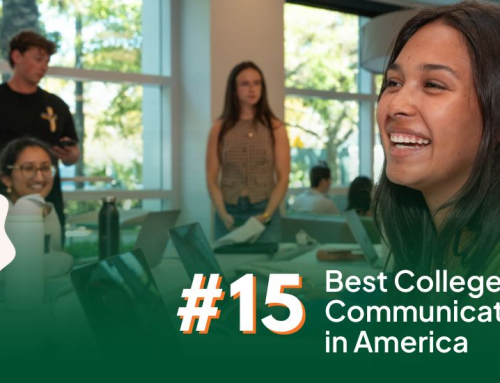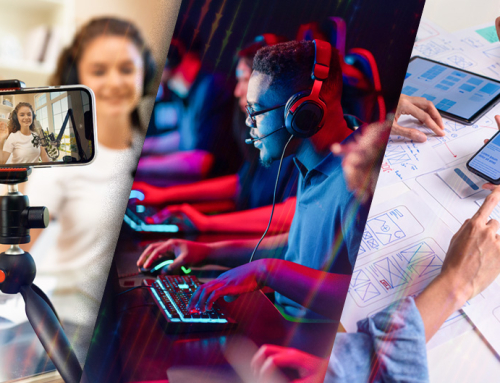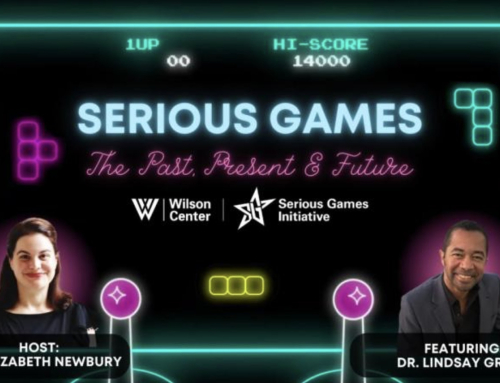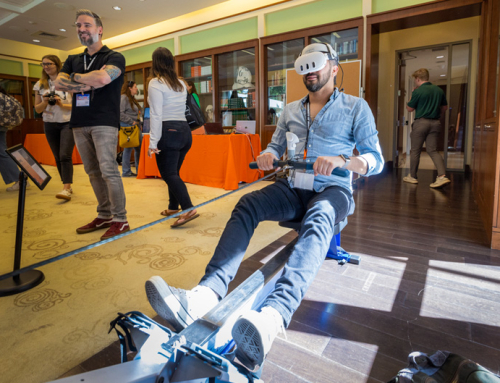As of the spring 2018 semester, Cinema and Interactive Media students at the School of Communication can create tangible mockups through the school’s recent purchase of a vinyl cutter, 3D printer, and computer numeric control machine (CNC). These resources are most notably used in Physical Computing, a class for undergraduate and graduate students taught by Zevensuy Rodriguez, lecturer in the Department of Cinema and Interactive Media. The class is two-fold: learning to create the hardware required to make a physical interaction function and then the use of machines to turn those concepts into a working prototype.
“The focus of the class is to teach students to think about interactive physical interfaces,” Rodriguez said.
An interactive physical interface allows a person to engage with digital information through a physical object. Students of the class use the vinyl cutter to create small paper mockups of their envisioned interfaces. Students can then use the 3D printer or CNC machine to create a prototype. The difference between a 3D printer and a CNC machine is that a 3D printer builds with plastic, while a CNC machine cuts out an object from a block of material, Rodriguez explained.
“With that particular machine, we can cut anything from plastic to wood to aluminum,” Rodriguez said. “It just gives us more options … than a 3D printer.”
As of the first half of the semester, the 3D printer became the class favorite because of its ease of use.
“As the class has evolved, as the interactive media program sort of continues to grow, the goal is that all of the machines will get used at an equal degree,” Rodriguez said.
This semester marks the second time that Rodriguez has taught Physical Computing. When he first taught the class in the spring of 2017, these resources were not available, which changed his teaching method. Originally, the course focused more on the electronic side of the projects; now students are able to turn their ideas into a physical prototype.
“Simply doing a video or some piece of paper, a pamphlet, something like that, just doesn’t catch anymore,” Rodriguez said. “It’s not as exciting; it’s not visually stimulating.”
With access to these technologies, students are able to produce a professional prototype to add to their portfolios.
“What you have more and more are companies looking into making pop-up shops, or kiosks, doing things that are a little bit more interactive, that are more engaging,” Rodriguez said.
The final products created in Physical Computing will be on display on May 3 at 5 p.m. in the IMC during the ’Canes Film Festival Interactive Media End of Year Show. If you are interested in taking Physical Computing, the class will be offered in the fall of 2018.

